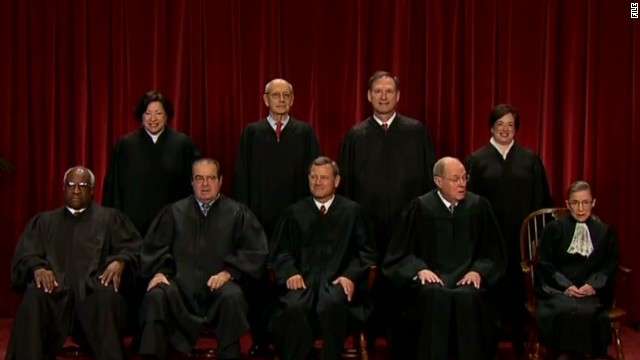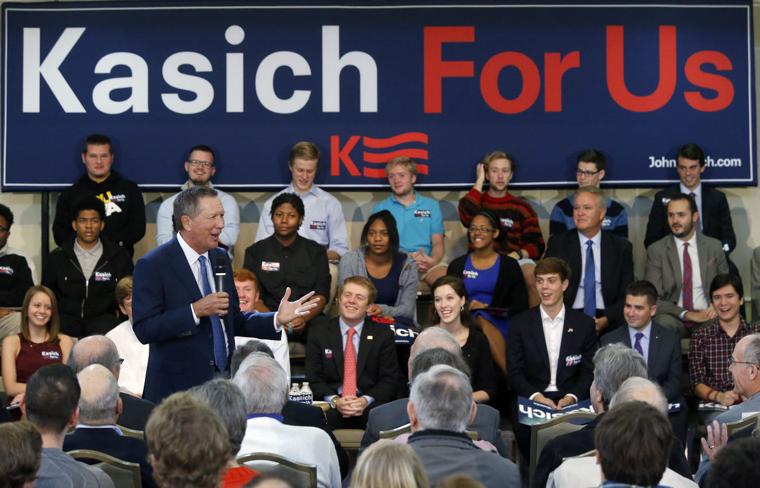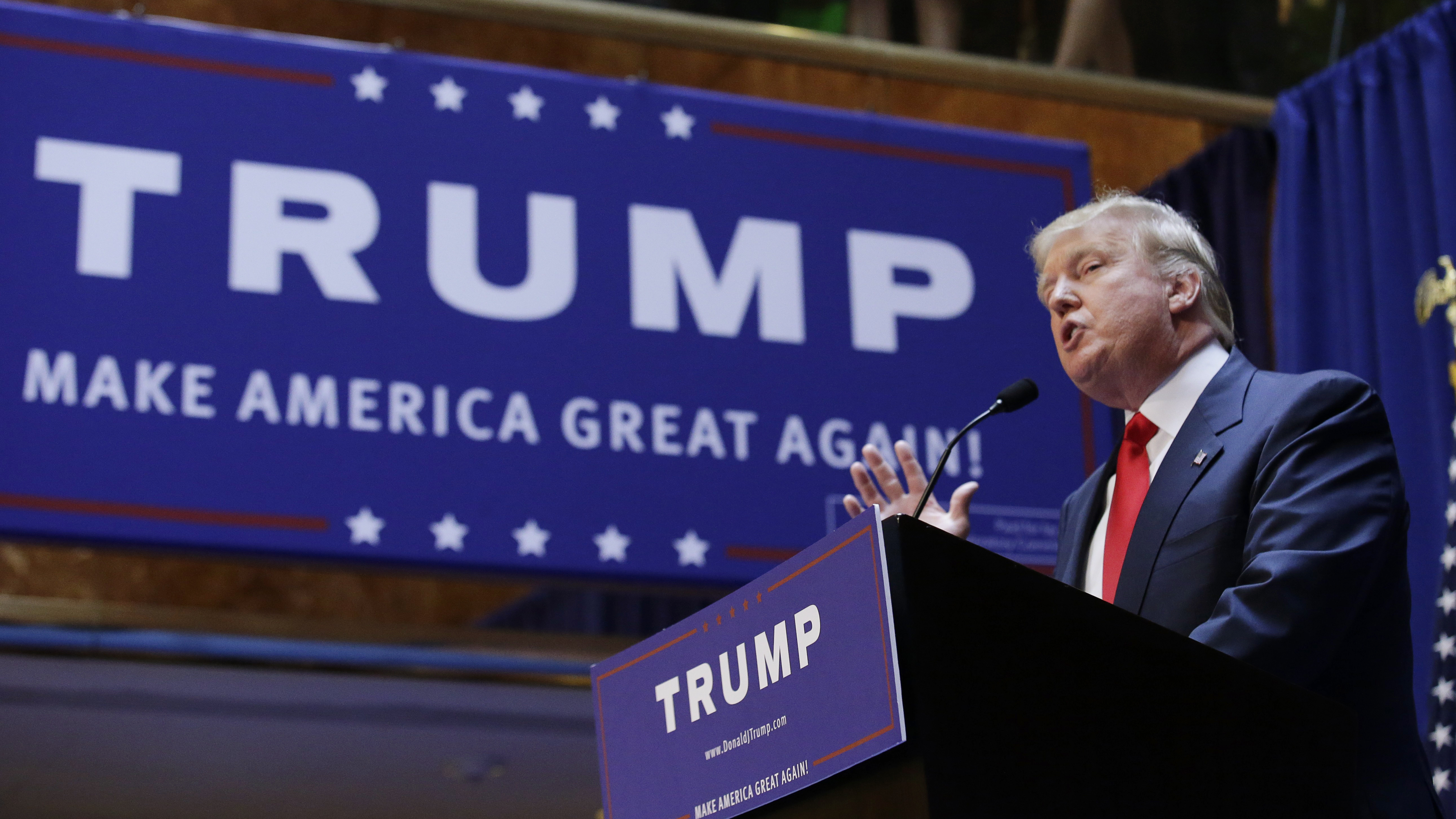 Chris Christie's endorsement of Donald Trump just isn't a big deal.
Chris Christie's endorsement of Donald Trump just isn't a big deal.I have always been curious about Governor Christie's establishment label. It doesn't make sense how a liberal Republican in one of the most liberal states and who acts far outside the mainstream is able to take the label of establishment. Personally, the only true establishment candidates in this race have been Marco Rubio, Jeb Bush, Scott Walker, maybe Lindsey Graham, and maybe Bobby Jindal. (Which brings me to the side tangent that the 'Establishment' field has never actually been that crowded, but that's a teaser for another article.)
Here are some facts about Chris Christie for your consideration.
- Governor Christie was ranked as the 23rd most conservative governor our of 31 Republican governors, per the linked Huffington Post blog. That's far below fringe Establishment candidate John Kasich (12th) and former candidate Scott Walker (2nd). Not arguing for or against the merits of his philosophy, but ranking that low amongst Republicans arguably places him outside of the mainstream and thus outside of what is largely considered the Establishment
- As of November 2015, Chris Christie had the fifth lowest approval rating for any Governor in the U.S. Breaking that down just a bit further, he had the fourth lowest approval rating for a Republican governor. Arguably, even if he was in the GOP mainstream, this is a candidate that is disadvantageous to have in your corner anyway. If their state can't get behind them, how can a nation? Moreover, how does that support bolster another candidate's credentials in any way? Perhaps it could help Trump appear even more counter-establishment than he already does?
- According to Real Clear Politics national polling, at no point in time has Chris Christie eclipsed 4.8 percent of the support. The only early state he ever reached double digit support in was New Hampshire, and since that race is over there is no true impact that his presence or support would have within another state. This has about as much impact as Rick Santorum endorsing Marco Rubio.
- This is going to sound a little bit personal, but hear it out. Apologies to APN's New Jersey readers, but a YouGov poll in 2015 ranked New Jersey as the most disliked state in the entire country. Moreover....New Jersey was the ONLY disliked state out of 50. How does that apply here? In nearly every case, consciously or subconsciously, we will associate our feelings about a state with a candidate. The more credibility a state has, the more credibility the candidate has. I think a lot of us would find that we're placing more credence towards arguments and stances from a GOP candidate from Texas vice a GOP candidate from Idaho (sorry, Idaho). It just happens that way.
The media has fueled the impact of the endorsement, in what must be a slow news cycle, and given it more attention that what it actually deserves. This just is not as important as it would be made out to be.
I think that if you want to get to the ground truth of this, Chris Christie is still fighting for second place. After Christie won re-election in New Jersey in 2013, he ostensibly began his campaign for President. To have that all never really get off the ground, even after three years, is a hard pill to swallow. So, he hasn't given up on the prize yet. Granted, that prize may come in the form of Air Force 2.
Donald Trump was recently quoted as saying that he would look to a political insider to be his running mate. Take that into consideration with the 'long phone call' that Trump said on Morning Joe after the NH Primary, he had with Christie that night. Of course, one cannot forget that the two are very familiar with each other, given all of the real estate and business deals that Trump has in New Jersey. That then leads us to the endorsement.
Christie never had a shot at the presidency in 2016 (maybe in 2012), but maybe again in 2024 if he can land on the ticket as the running mate to Trump. Christie could very well be playing the long game here, and that, to me, is the much larger story in play here. With his term ending soon and no other political prospects on the table, Christie may have made the biggest play yet. Of course, that pure endorsement is not truly all that helpful to Donald Trump for the abundance of reasons listed above, but the play for Christie is an interesting one to watch.























